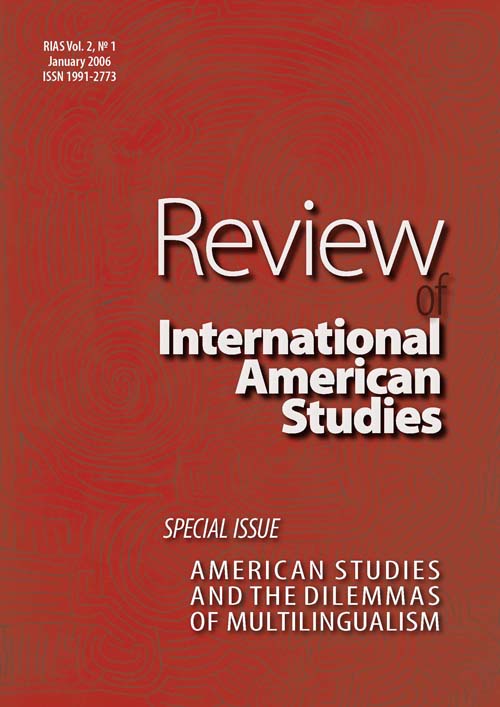Serving McAmerica …
Serving McAmerica …
Author(s): Evelyn Nien-Ming Ch’ienSubject(s): Language and Literature Studies, Studies of Literature, Other Language Literature, Cultural Anthropology / Ethnology
Published by: Wydawnictwo Uniwersytetu Śląskiego
Summary/Abstract: English is a global language, and probably already spoken at a great deal at International American Studies conferences without being officialized. Making English the official language of these conferences is, in diplomatic terms, too aggressive; it will imply that a scholarly contribution by a native speaker of English has more global impact and higher quality than by a scholar who does not ‘speak American’. As the author of Weird English (Harvard University Press, 2004), a book that chronicles how English can be combined with foreign languages, I am aware of the virtues of English as a bridge language. But here, as in Weird English, I argue for multilingualism. The American experience is no longer monolingual for anyone. Some English will naturally occur in critiques about America, but imposing a rule that English should be used excludes many scholars. And it may cause a decline in the imaginative and creative potential of American studies scholarship.Across the globe, scholars have critiqued America in any language with occasional English to fill in the holes during translation. Journals (for instance Transtext(e)s/Transcultures) that publish essays in a number of languages are gaining popularity. Critiques of America, from the popular to the academic, are also viewed or read in many languages. Dubbed versions of Borat are causing international buzz. Jean Baudrillard’s America and Tzvetan Todorov’s The Conquest of America had large impact in their original language. And countless scholars have been obsessed with defining Americanness, without even approaching the fluency of Nabokov and his linguist Lolita. For such critiques, we don’t need language requirements. History has shown that people can offer insights into a culture without being fluent in that culture’s language.
Journal: Review of International American Studies
- Issue Year: 2/2006
- Issue No: 1
- Page Range: 25-27
- Page Count: 3
- Language: English

